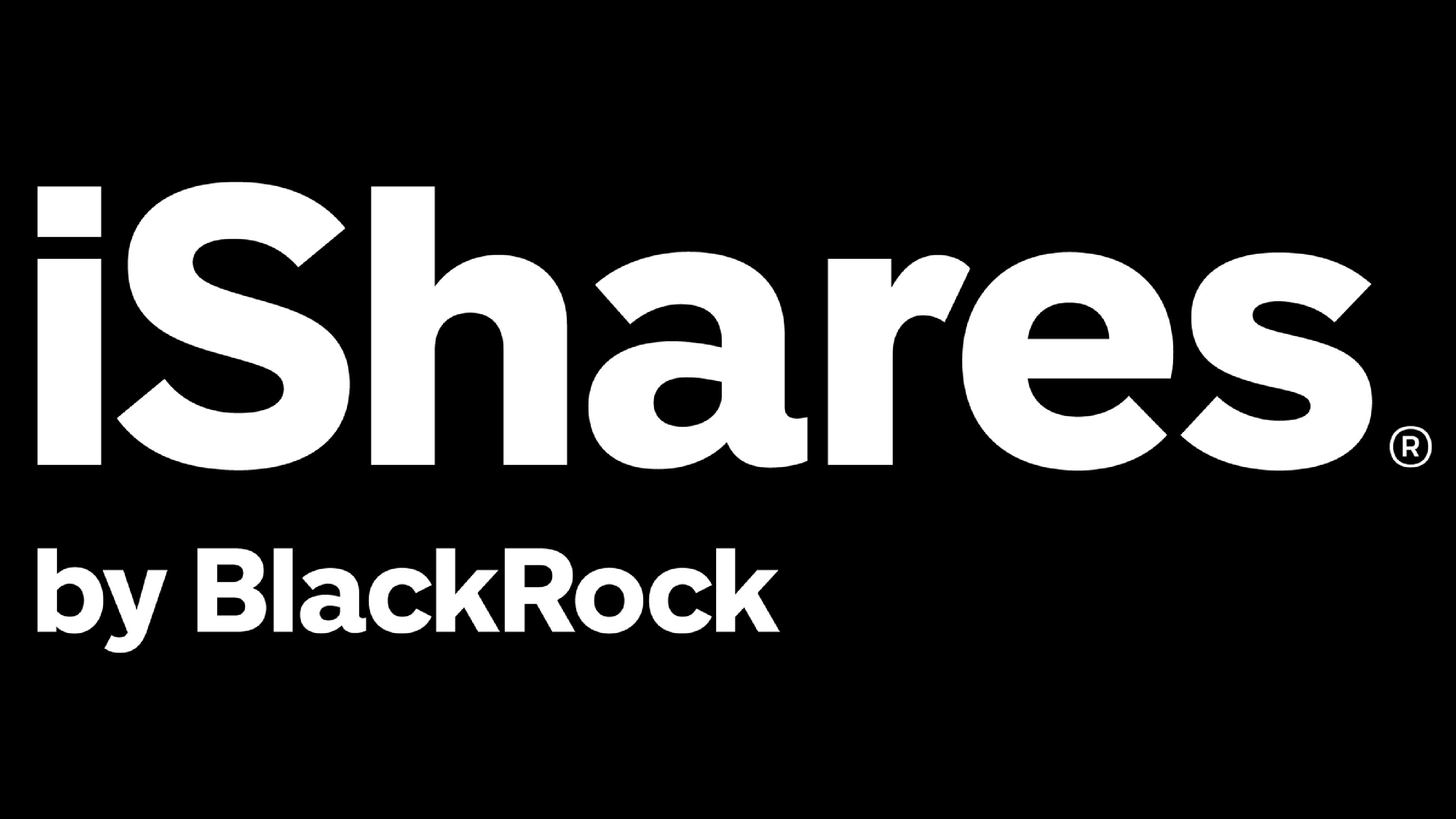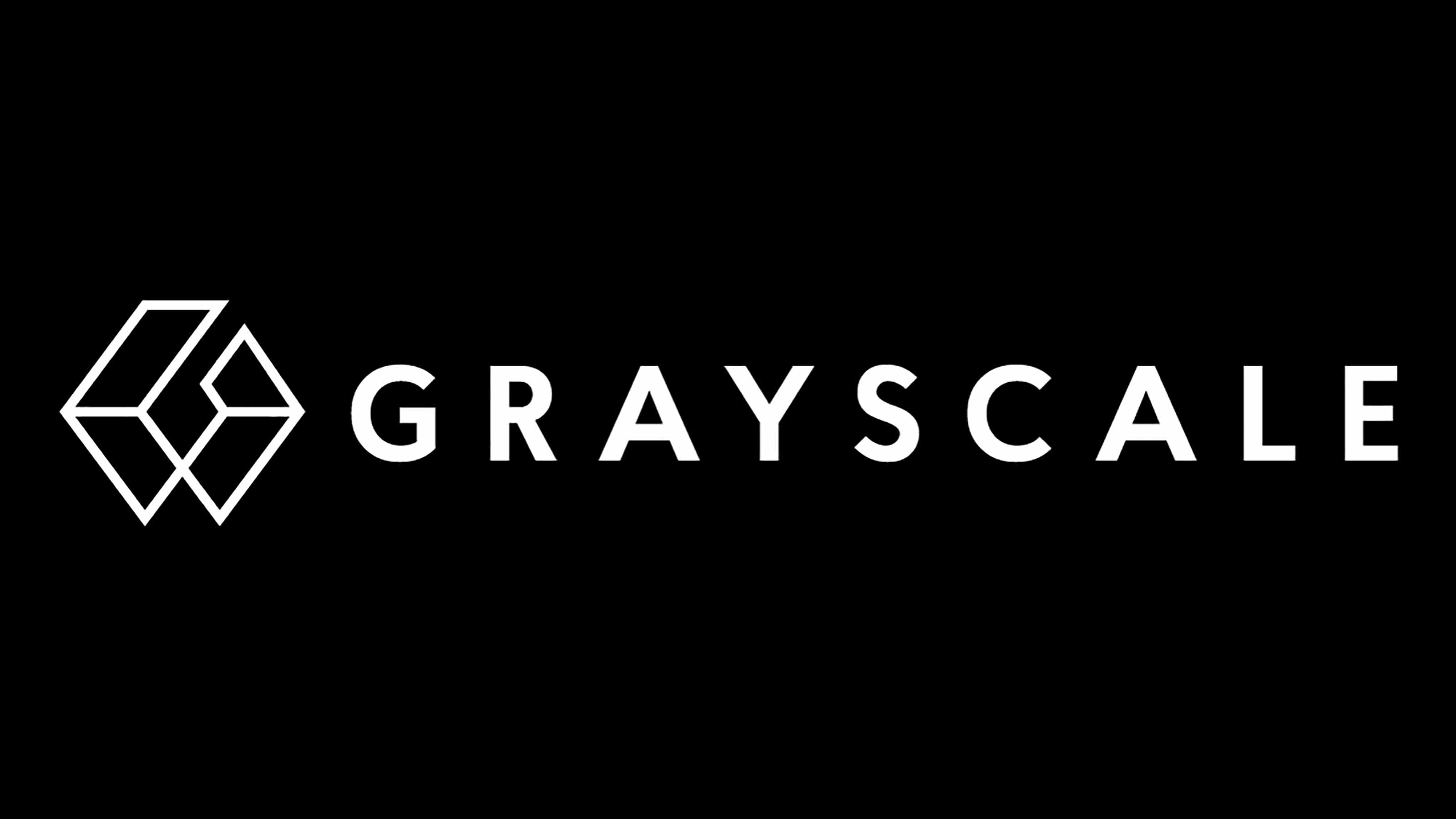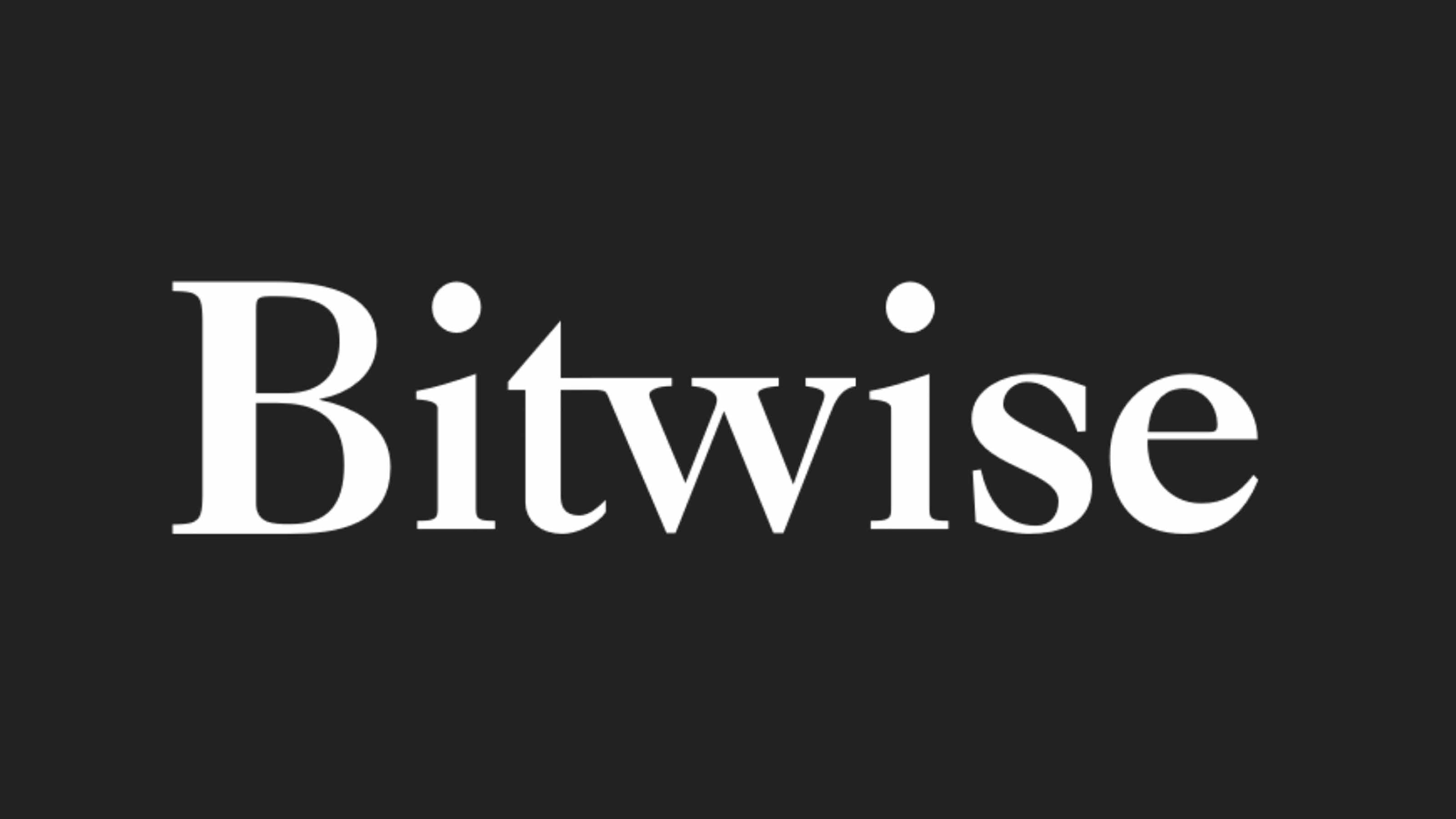The Best Bitcoin ETFs to Buy
Bitcoin ETFs eliminate the need for self-custody of the cryptocurrency while providing excellent liquidity. Here are a few we like.

Profit and prosper with the best of Kiplinger's advice on investing, taxes, retirement, personal finance and much more. Delivered daily. Enter your email in the box and click Sign Me Up.
You are now subscribed
Your newsletter sign-up was successful
Want to add more newsletters?

The bitcoin hype train came roaring out of the gates in January 2024 with the launch of multiple spot bitcoin ETFs, marking a transformative moment for cryptocurrency investing.
Unlike older exchange-traded funds that only held bitcoin futures or operated as closed-end trusts, these new funds were true, open-ended ETFs holding actual bitcoin with custodians — and giving investors direct exposure to the digital currency.
Momentum carried throughout 2024, sending bitcoin past the $100,000 milestone, a price it maintained into January 2025, bolstered by President Donald Trump's pro-bitcoin stance. Among many developments, his administration has proposed a federal regulatory framework for a digital assets reserve, creating optimism for broader adoption.
Additionally, the Securities and Exchange Commission (SEC), led by Paul Atkins, made a significant policy shift by eliminating SAB 121 guidance. This rule had required banks to classify customer-owned crypto as liabilities, which made it challenging for them to custody crypto assets. Its removal has paved the way for more institutions to engage with bitcoin and has further legitimized the popularity of bitcoin-linked assets like ETFs.
Anticipation of another Fed easing cycle and optimism about U.S.-China trade talks helped boost bitcoin to an all-time high above $125,000 in early October.
But the cryptocurrency retreated aggressively from this recent price peak, even as precious metals such as gold and silver reached new highs on a "debasement" trade centered on the U.S. dollar that was supposed to lift the new digital asset too. New narratives around artificial intelligence stocks and quantum computing also made crypto seem less exciting.
Despite the decline from north of $125,000 in late 2026 to south of $70,000 in early 2026, Bernstein analyst Gautam Chhugani is as bullish on bitcoin as he's ever been. "The current bitcoin price action is a mere crisis of confidence," Chhugani writes. "Nothing broke, no skeletons will show up. The bitcoin bear case is the weakest in its history. We expect bitcoin to reach all-time highs and our target for 2026E remains $150K."
Why invest in bitcoin ETFs?
Despite the crypto community's mantra of "not your keys, not your coins," which emphasizes the importance of self-custody for digital assets, there are many reasons why the average investor might prefer a bitcoin ETF over holding bitcoin directly.
The first is accessibility. Outside of niche solutions like a bitcoin IRA, it's difficult to hold crypto assets in tax-sheltered accounts like a traditional or Roth IRA.
Spot bitcoin ETFs, however, are eligible investments at most major brokerage platforms, making them an easy choice for investors looking to integrate bitcoin into their retirement or taxable portfolios.
Simplicity is another key selling point. With a bitcoin ETF, there's no need to navigate the complexities of self-custody, such as safeguarding a seed phrase or using a hardware wallet like a Ledger or Trezor.
These devices, while secure, require significant technical knowledge to operate and manage. By contrast, the ETF issuer and its custodian handle the safekeeping of the underlying bitcoin.
Speaking of security, the bitcoin held by these exchange-traded funds is predominantly stored in cold storage: a secure, offline environment that’s virtually immune to hacking. Only a small portion of the bitcoin is kept in a hot wallet — an internet-connected wallet — for the operational needs of ETF creation and redemption.
This cold storage strategy ensures the safety of the ETF's assets, addressing concerns that arose after high-profile failures of crypto exchanges like FTX, Voyager and Celsius in 2022.
That said, bitcoin ETFs aren't perfect. They only trade during regular stock market hours, unlike bitcoin itself, which trades 24/7. They also charge management fees, and unlike holding bitcoin directly, you can't exchange an ETF share for actual bitcoin.
Still, for retail investors, these funds represent a straightforward, economical, and secure way to gain exposure to bitcoin without the headaches of self-custody or the risks of crypto exchange failures.
How we chose the best bitcoin ETFs to buy
We limited our scope to spot bitcoin ETFs and avoided futures-based, leveraged, inverse or covered-call funds. To further narrow down the options, we focused on three key factors: fees, liquidity and reputability.
Fees are straightforward: The less you pay, the more you keep. While many bitcoin ETFs initially offered fee waivers to attract investors, these waivers have largely expired, making it easier to compare funds on a level playing field.
Liquidity measures how easily and cost-effectively you can trade the ETF. We prioritized funds with low 30-day median bid-ask spreads, because a lower spread means you pay less in implicit costs when buying or selling shares.
Reputability focuses on funds that have attracted significant assets under management (AUM), typically above $1 billion, as this level of AUM reflects strong investor confidence. We also prioritized ETFs offered by well-established digital asset managers or legacy asset management firms.
Data is as of February 9.

iShares Bitcoin Trust ETF
- Assets under management: $54.1 billion
- Expenses: 0.25%
- 30-day median bid-ask spread: 0.03%
The iShares Bitcoin Trust ETF (IBIT) is the largest spot bitcoin ETF a little more than two years after one of the most successful ETF launches in history.
Indeed, it took the iShares fund just 341 days to surpass $70 billion in assets under management, the quickest of any ETF ever. The SPDR Gold Shares Trust (GLD) held the previous record of 1,691 days from launch to reach $70 billion in AUM.
The fund tracks the CME CF Bitcoin Reference Rate – New York Variant Index and uses Coinbase Prime as its custodian. Its approval for options trading further enhances its appeal.

Grayscale Bitcoin Mini Trust ETF
- Assets under management: $3.4 billion
- Expenses: 0.15%
- 30-day median bid-ask spread: 0.23%
The Grayscale Bitcoin Mini Trust ETF (BTC) was launched as a more affordable alternative to Grayscale's flagship exchange-traded fund, the Grayscale Bitcoin Trust (GBTC).
GBTC saw steady outflows due to a high 1.5% expense ratio as investors flocked to newly launched, cheaper competitors. To address this, Grayscale spun off 10% of GBTC's assets into BTC, offering a dramatically reduced expense ratio of 0.15%.
BTC holds the same underlying assets as GBTC, tracking the value of bitcoin through institutional-grade custody and cold storage solutions.

Bitwise Bitcoin ETF
- Assets under management: $2.7 billion
- Expenses: 0.20%
- 30-day median bid-ask spread: 0.13%
The Bitwise Bitcoin ETF (BITB) stands out as a direct competitor to Grayscale, backed by Bitwise, a dedicated digital asset manager with an emphasis on transparency.
BITB not only discloses the number of bitcoin held in trust and the amount corresponding to each share but also uniquely publishes all its public bitcoin holding addresses.
This approach allows investors to independently verify proof of reserves and track transactions, providing an added layer of trust and accountability.

Fidelity Wise Origin Bitcoin Fund
- Assets under management: $13.4 billion
- Expenses: 0.25%
- 30-day median bid-ask spread: 0.10%
The Fidelity Wise Origin Bitcoin Fund (FBTC) marks Fidelity's entry into the spot bitcoin ETF market, building on its reputation for mutual funds and brokerage services.
Like many other bitcoin ETFs, FBTC is structured as a grantor trust and tracks Fidelity's proprietary bitcoin benchmark total return index.
FBTC is as no-frills and vanilla as bitcoin ETFs come.

ARK 21Shares Bitcoin ETF
- Assets under management: $2.5 billion
- Expenses: 0.21%
- 30-day median bid-ask spread: 0.09%
The ARK 21Shares Bitcoin ETF (ARKB) is a collaboration between Ark Invest, led by Cathie Wood and known for thematic innovation ETFs, and digital asset manager 21Shares.
ARKB tracks the same benchmark as iShares' IBIT — the CME CF Bitcoin Reference Rate – New York Variant.
The fund also employs the widely used grantor trust structure for holding bitcoin.
Learn more about ARKB at the ARK Invest provider site.
Related content
Profit and prosper with the best of Kiplinger's advice on investing, taxes, retirement, personal finance and much more. Delivered daily. Enter your email in the box and click Sign Me Up.
Tony started investing during the 2017 marijuana stock bubble. After incurring some hilarious losses on various poor stock picks, he now adheres to Bogleheads-style passive investing strategies using index ETFs. Tony graduated in 2023 from Columbia University with a Master's degree in risk management. He holds the Certified ETF Advisor (CETF®) designation from The ETF Institute. Tony's work has also appeared in U.S. News & World Report, USA Today, ETF Central, The Motley Fool, TheStreet, and Benzinga. He is the founder of ETF Portfolio Blueprint.
-
 4 High-End Experiences Worth the Splurge After 50
4 High-End Experiences Worth the Splurge After 50These curated date ideas provide the perfect backdrop for couples ready to enjoy the very best that the world has to offer.
-
 Health Care Stocks Have Sagged. Can You Bet on a Recovery?
Health Care Stocks Have Sagged. Can You Bet on a Recovery?The flagging health care sector has perked up a bit lately. Is it time to invest?
-
 Costco's Auto Program: Can Membership Pricing Really Save You Money on a Car?
Costco's Auto Program: Can Membership Pricing Really Save You Money on a Car?Costco's Auto Program can simplify the car-buying process with prearranged pricing and member perks. Here's what to know before you use it.
-
 Health Care Stocks Have Sagged. Can You Bet on a Recovery?
Health Care Stocks Have Sagged. Can You Bet on a Recovery?The flagging health care sector has perked up a bit lately. Is it time to invest?
-
 Your Retirement Age Is Just a Number: Today's Retirement Goal Is 'Work Optional'
Your Retirement Age Is Just a Number: Today's Retirement Goal Is 'Work Optional'Becoming "work optional" is about control — of your time, your choices and your future. This seven-step guide from a financial planner can help you get there.
-
 Have You Fallen Into the High-Earning Trap? This Is How to Escape
Have You Fallen Into the High-Earning Trap? This Is How to EscapeHigh income is a gift, but it can pull you into higher spending, undisciplined investing and overreliance on future earnings. These actionable steps will help you escape the trap.
-
 I'm a Financial Adviser: These 3 Questions Can Help You Navigate a Noisy Year With Financial Clarity
I'm a Financial Adviser: These 3 Questions Can Help You Navigate a Noisy Year With Financial ClarityThe key is to resist focusing only on the markets. Instead, when making financial decisions, think about your values and what matters the most to you.
-
 Dow Absorbs Disruptions, Adds 370 Points: Stock Market Today
Dow Absorbs Disruptions, Adds 370 Points: Stock Market TodayInvestors, traders and speculators will hear from President Donald Trump tonight, and then they'll listen to Nvidia CEO Jensen Huang tomorrow.
-
 Private Capital Wants In on Your Retirement Account
Private Capital Wants In on Your Retirement AccountDoes offering private capital in 401(k)s represent an exciting new investment opportunity for "the little guy," or an opaque and expensive Wall Street product?
-
 It's Time to Bust These 3 Long-Term Care Myths (and Face Some Uncomfortable Truths)
It's Time to Bust These 3 Long-Term Care Myths (and Face Some Uncomfortable Truths)None of us wants to think we'll need long-term care when we get older, but the odds are roughly even that we will. Which is all the more reason to understand the realities of LTC and how to pay for it.
-
 Fix Your Mix: How to Derisk Your Portfolio Before Retirement
Fix Your Mix: How to Derisk Your Portfolio Before RetirementIn the run-up to retirement, your asset allocation needs to match your risk tolerance without eliminating potential for growth. Here's how to find the right mix.

